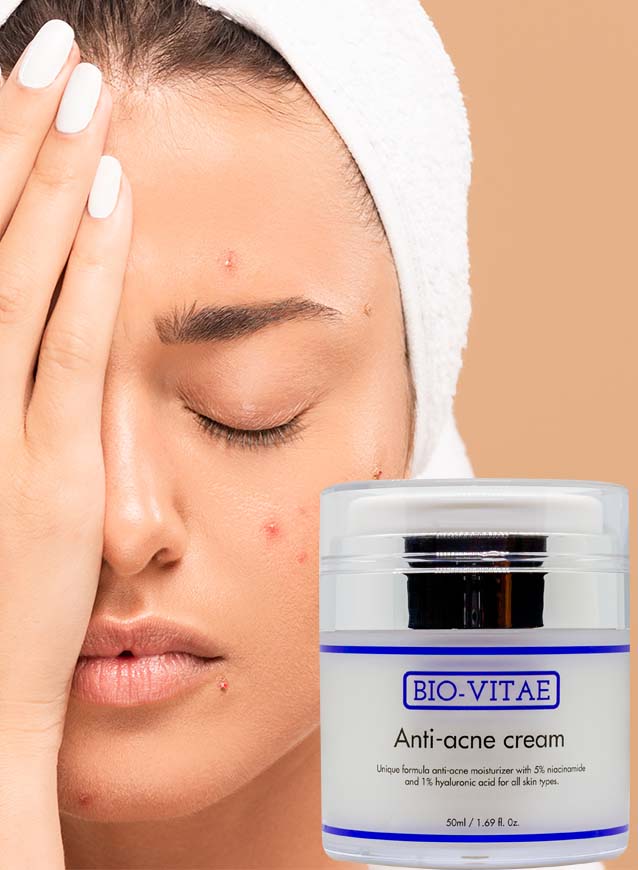Psoriasis Treatment: Can Retinol Help Relieve Symptoms?

Psoriasis is a chronic skin disease that can affect people of all ages. The disease manifests as red, scaly plaques on the skin, often with silvery scales. The location of plaques can vary from person to person, but the most common places are the knees, elbows, scalp, hands and feet.
The cause of psoriasis is not completely known, but it is believed to be a combination of genetic and environmental factors. Research has shown that psoriasis is related to an overactive immune response, which causes accelerated cell proliferation in the skin. This results in a build-up of skin cells which form plaques.
Plaques are the characteristic red, scaly areas that are one of the main symptoms of psoriasis. They can vary in size and can occur anywhere on the body, but are most often located on the knees, elbows, scalp, hands and feet. Plaques can be itchy and painful, and in severe cases can cause severe skin irritation and bleeding. Plaques can also be covered in silvery scales, which are dead skin cells.
The treatment of psoriasis depends on the severity of the disease and can include both topical and systemic therapies. Topical treatments, such as ointments and creams, can help relieve symptoms by reducing inflammation and accelerated cell proliferation in the skin. Systemic treatments, such as oral medications and biologics, can help suppress the overactive immune response.
Retinol, a form of vitamin A, has been studied as a possible treatment for psoriasis. Retinol is known to have anti-inflammatory and cell-regulating properties that can help reduce the symptoms of psoriasis. However, there is not much scientific evidence that retinol is effective in the treatment of psoriasis. There are several clinical studies underway, but more research is needed to determine the effectiveness of retinol in the treatment of psoriasis.
Benefits of Retinol
- Reduces scaling, itching and redness associated with psoriasis
- Regulates cell renewal
- Has anti-inflammatory properties
- Has immunomodulating properties
- May help improve skin texture and tone
- May help reduce the activity of overactive immune cells that lead to psoriasis.
It is important to talk to a doctor or dermatologist to find the best treatment for psoriasis. It is also important to take into account possible side effects of the treatments, and make sure to maintain a healthy lifestyle with a good diet and regular exercise. Psoriasis can be a chronic disease, but by following appropriate treatment and lifestyle, it may be possible to reduce symptoms and improve quality of life.








